On Court, Dubai — Jordan Brand

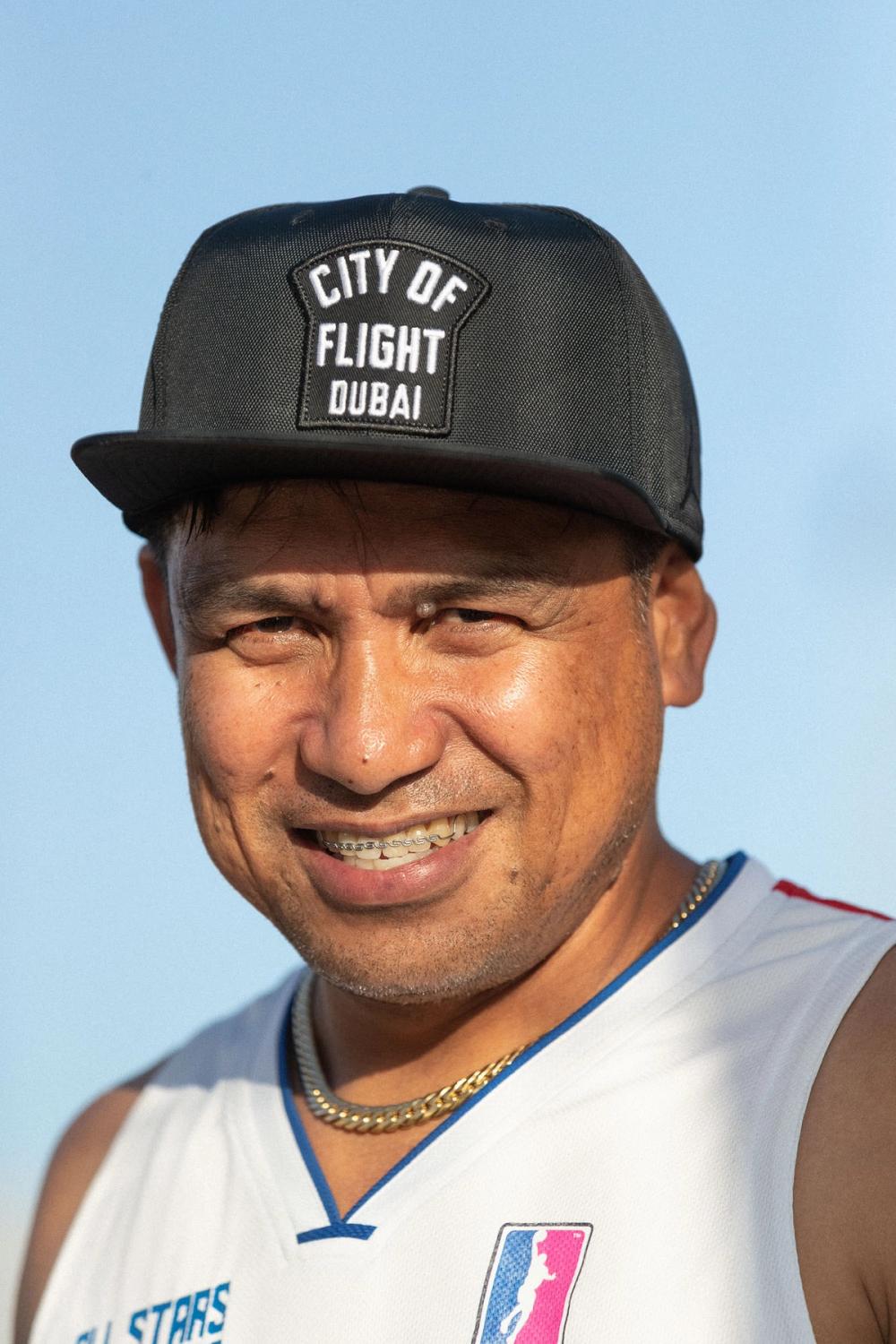
On Court :
Al Jafiliya, Dubai
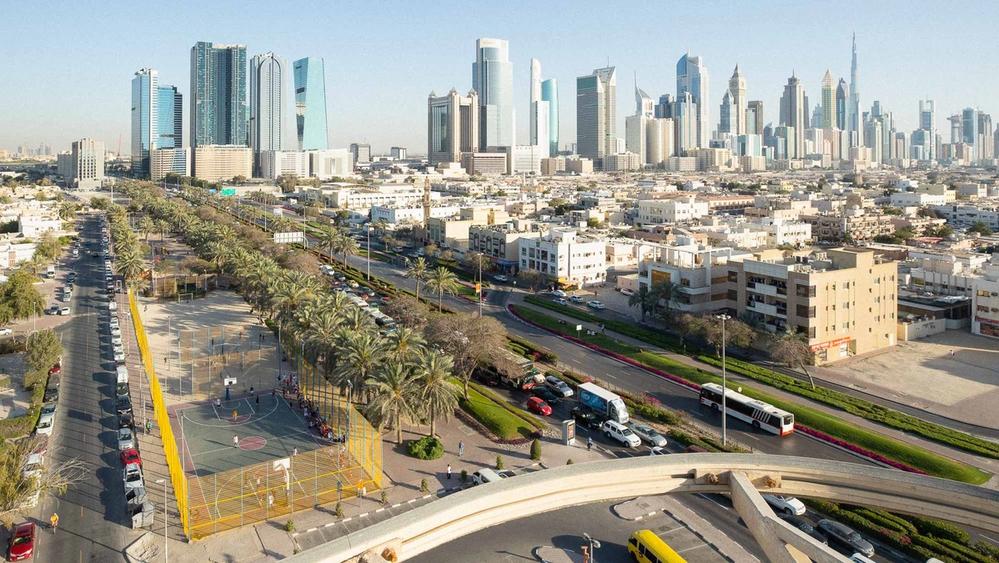
The Al Jafiliya basketball court in Satwa, Dubai exists in a part of the city rarely advertised or covered by travel bloggers. Satwa, with its 1960s style storefronts and neon lights, represents a Dubai of the past. A Dubai more grit than gloss, preserved by the neighborhood.
Al Jafiliya court, caged in yellow and blue, next to one of the busiest roundabouts in the city, has been the epicenter of street basketball in Dubai for decades, guarded fiercely by expats from a country where love of the game of basketball is everything: the Philippines.
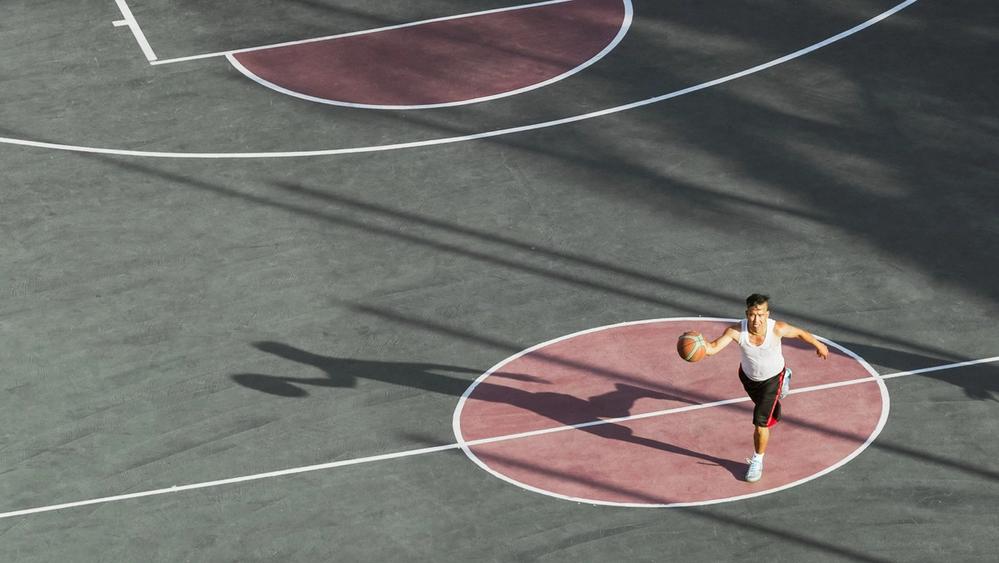

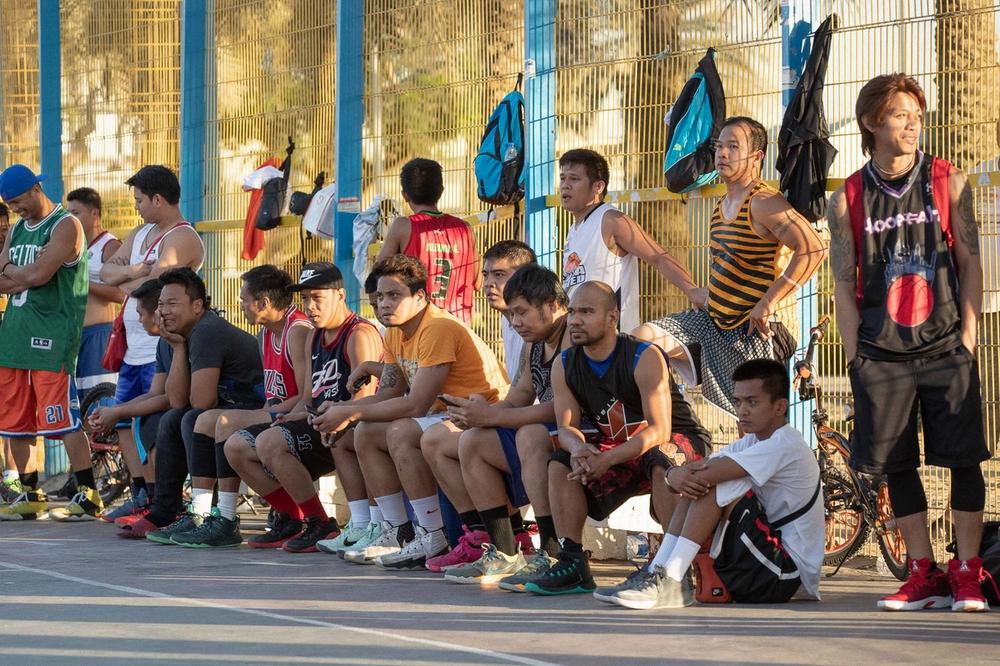
Show up to the court any day of the week, from 3pm to 11pm, and you’ll most likely find a frenetic full-court game. With around 620K expats in the UAE, the Filipino population has been vital in nation building as well as spreading its love for hoops.
Heart means little on this court if you don’t have lungs. Pickup games are filled with players that run, pass, shoot and drive relentlessly in the searing heat. Even a post up move isn’t lasting more than a few dribbles. So if you can’t play full-court fast break ball, then you should just watch and try to pick up some Tagalog from the bench.
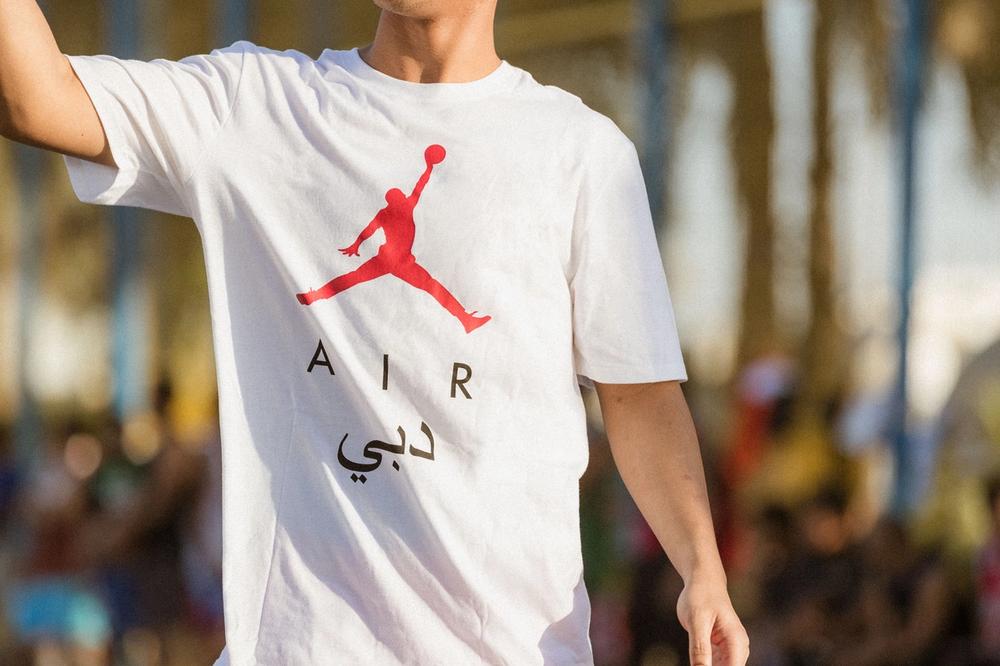

What makes these games even more brutal is that they go up to 30 points instead of the standard 10 or 15. Virtually unheard of in street ball.
With more points, come less chances to play, so there’s no slowing down from the players. Manuel Valenzuela, a 21 year old regular on the court explained a single piece of chalk helps maintain order in the chaos, as someone is always keeping score of the game while others are signing up to play.

Like most courts around the world, the most talented regulars also help enforce rules, keep the peace and defend the reputation of the court. One of these unofficial all-stars, Jake Antonio, was on hand waiting for his one game of the day. He’s usually limited to a single game as the other players don’t want teams like his to stay on the court for what could be hours.
Antonio knows court time is precious to everyone so he willingly obliges. He always has a spot in the “big games” when players from other courts (like nearby Satwa Park and Abu Hail) come to visit.
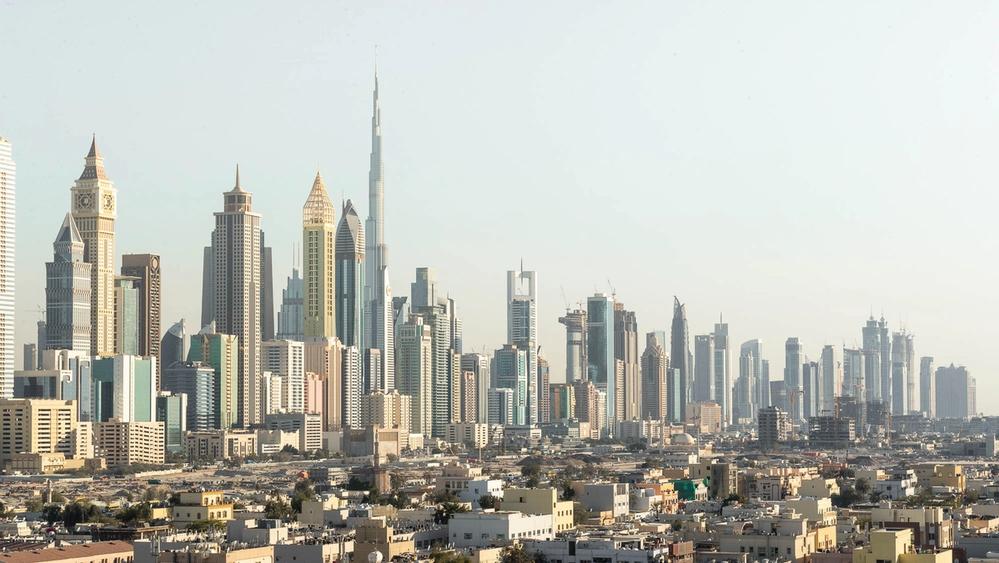
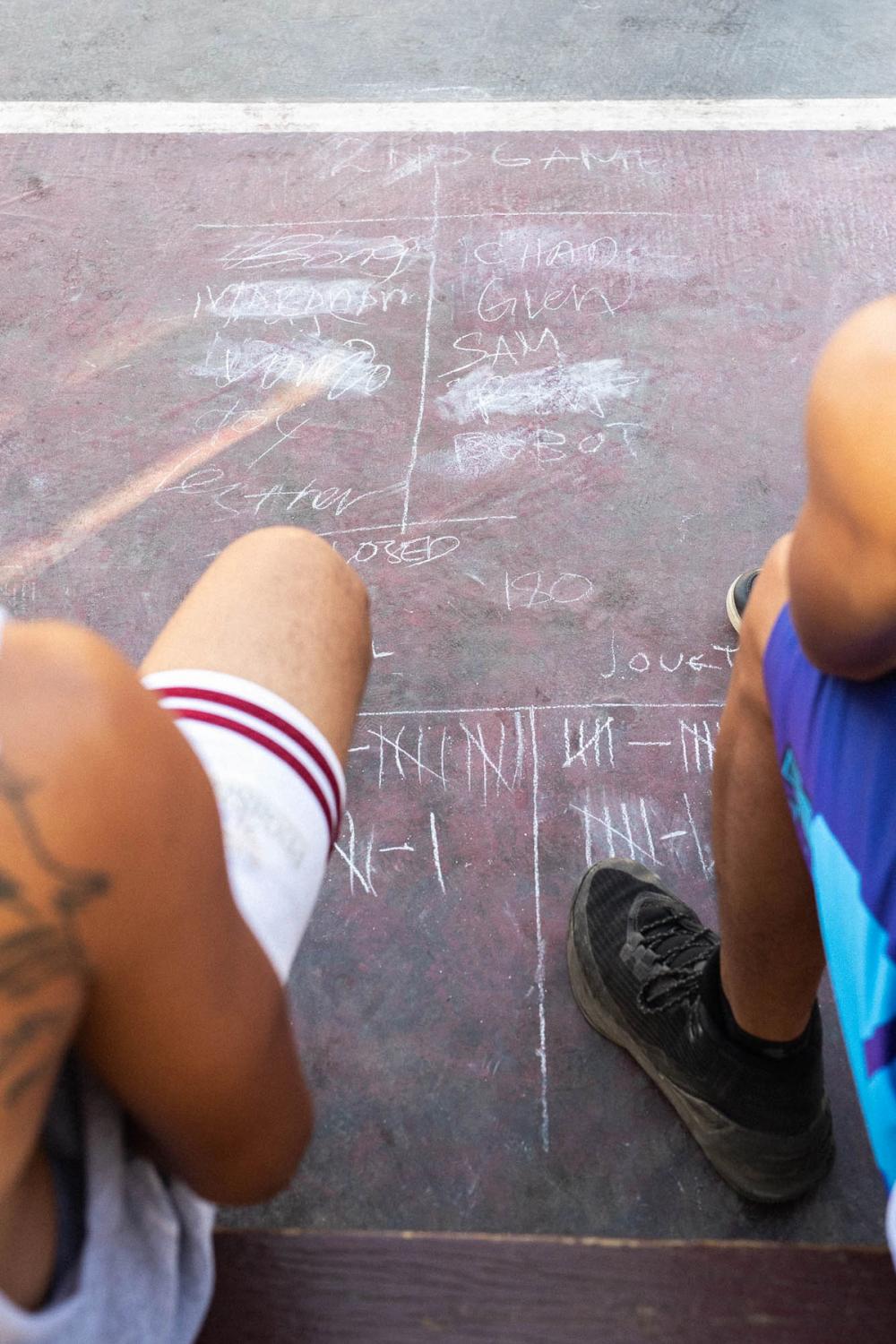
When inter-court challenges go down, pride as well as friendly bets are at stake, and the best ballers have the honor of representing the court. Jake claims that Al Jafiliya has consistently beaten other courts/teams, and no one around said otherwise. Loyalty to this hallowed blacktop is unlimited.
What’s also clear is how much this game and court means to the Filipino expats that hold it down year after year. Making up about 20% of the population, there is no service industry in Dubai or the U.A.E. without the Filipino community.
It keeps the city moving, and with that comes daily pressure. Yet none of that matters on the court, where they are as passionate as any street hoopers in the world… but thanks to their 30-point pick up games, go hardest in the paint.